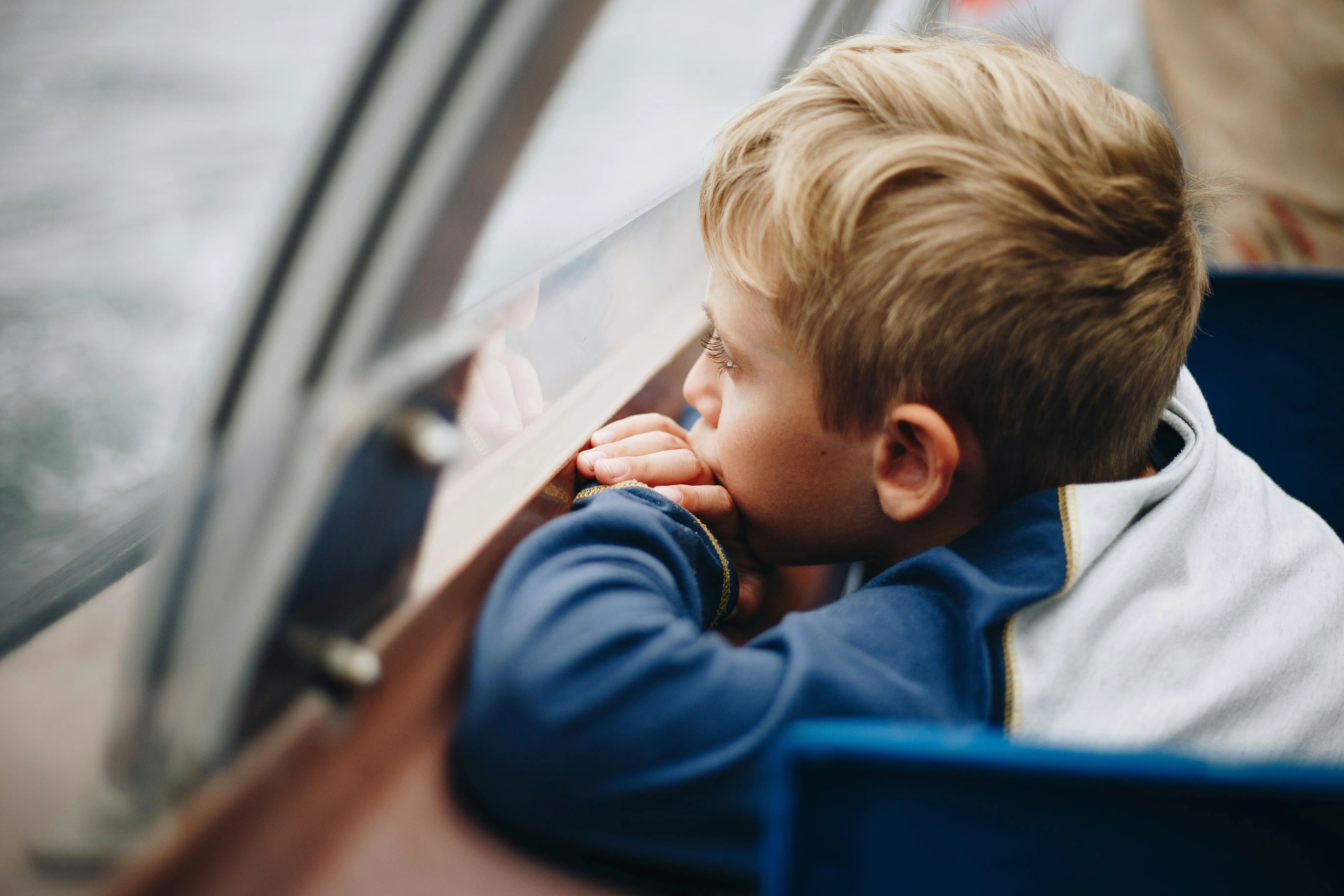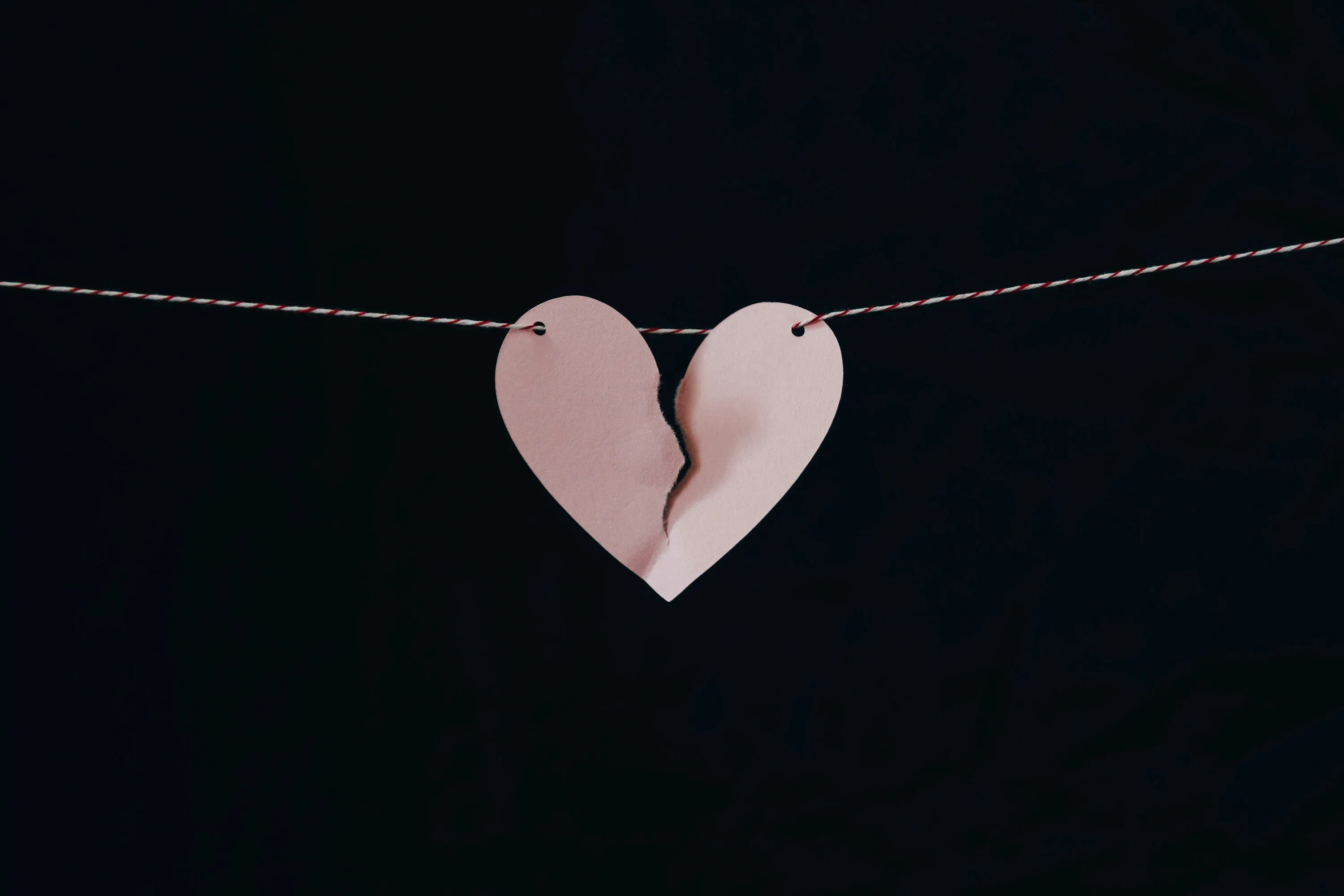Abuse Affects Kids: How to Break the Cycle and Heal Together
Abuse leaves deep scars on kids, even if they aren’t the direct target. In this post, I share my personal journey and practical advice for breaking the cycle of abuse, healing together, and rebuilding trust with your children. You don’t have to stay stuck—there’s hope for a better, healthier future for your family.

Abuse doesn’t just affect the person who endures it—it affects everyone in the household, especially the children. Even if the abuse isn’t directed at them, kids are still impacted. This topic is deeply personal to me because I once walked this painful road. My son was born into an abusive environment, and I saw firsthand how abuse affects kids.
My son suffered because of the poor choices I made. For a long time, I struggled to forgive myself, but eventually, I got out of that toxic relationship. Unfortunately, not everyone in abusive situations escape, and not everyone stops the cycle of abuse.
Abuse Is Never Okay
Abuse is unacceptable in any form—whether it’s verbal, physical, sexual, or emotional. Each type of abuse leaves its mark, and I’m here to tell you that you can get out of the cycle. You can heal. You can live without fear.
At 8:28 PM on March 5, 1993, I became a mom. From the moment I found out I was pregnant; I was filled with fear. Not only did I know nothing about babies, but I was trapped in a terrible situation. My friends couldn’t stand my husband and often asked me why I let him treat me the way he did. My response? “He’s not like that at home.” But deep down, I knew they didn’t believe me.
I didn’t share much about what I was going through. In fact, as soon as my friends started asking questions, I stopped talking. I threw myself into work to avoid the reality of my home life.
Living in the Shadow of Abuse
My husband wanted me to get an abortion. He told me I was selfish and wouldn’t be a good mother. He insisted I had no business raising a child and that I should end the pregnancy before it was too late.
If you asked him today, he’d probably deny ever saying those things. He was a master manipulator—a sociopath, even. He lied so often that he couldn’t recognize the truth anymore.
As I stood over my one-day-old baby in the hospital, my husband’s cruel words echoed in my mind. Maybe he was right, I thought. There I was, alone and unsure of how to even change a diaper. I knew that abuse affects kids. What was I doing?
The next day, my mom came to help. She could see through my husband’s lies and manipulation, though she never outright said it. For two weeks, she stayed with us, trying to find something to like about him. But after she left, his true colors came out again.
My Son Saved My Life
After carrying my son for ten months, I had bonded with him. I had no idea how to be a mom, but I knew I was going to figure it out. My husband, on the other hand, “worked” constantly. There was always some excuse for why he wasn’t bringing home a paycheck, whether it was a failed business, or some cooked up story about being unfairly fired.
I grew tired of the lies. I knew in my heart he wasn’t telling the truth. That’s when I started thinking about returning to Montana. His lies would eventually catch up with him, as they always did. I had started to see through him before I got pregnant, but the moment I became a mother, something changed. I grew up. I realized that my choices no longer just affected me—they affected my child.
My son saved my life. If it weren’t for him, I might still be trapped in that abusive relationship today.
How Abuse Affects Kids
Every year, ten million children are exposed to domestic violence, and one in four women will experience violence from a partner in their lifetime. These numbers are devastating, and abuse affects kids in ways we can’t always see.
In my case, I had to get real about the choices I was making and vow to do better for my son. That’s when I found my strength. If you’re in an abusive situation right now, the first step to stopping the cycle is to acknowledge how the abuse is affecting your children.
Ask yourself: Would I want my children to live like this when they’re adults? If the answer is no, then it’s time to make a change.
You Can Break the Cycle
You can’t leave an abusive relationship on your own. You’ll need help—whether it’s emotional support from others or a safe place to turn. When I was in that situation, it helped to think about the example I was setting for my son. As much as I felt ashamed, I pushed through and reached out to others.

There’s something about sharing your story that helps you start to process the trauma. If you’ve been abused, you may also have post-traumatic stress. I encourage you to look into EMDR therapy (Eye Movement Desensitization and Reprocessing) to help you heal from the effects of PTSD. A simple Google search on EMDR can provide more information.
Kids Are Resilient—And So Are You
Kids are strong and forgiving. Don’t beat yourself up about what’s already happened. Yes, abuse affects kids, but it’s never too late to make better choices. You can build a deeper bond with your children as you heal together.
If you’ve taken anything from this post, I hope it’s this: If you’re in an abusive relationship, it will not get better without help. No matter what your abuser says, it won’t stop on its own. Abuse only ends when you take the first step to make it stop.

If You Need Help If you have no one to turn to or are too afraid to tell someone you know, please send me an email at [email protected]. I’ve walked this road before, and I will gladly walk it with you.
